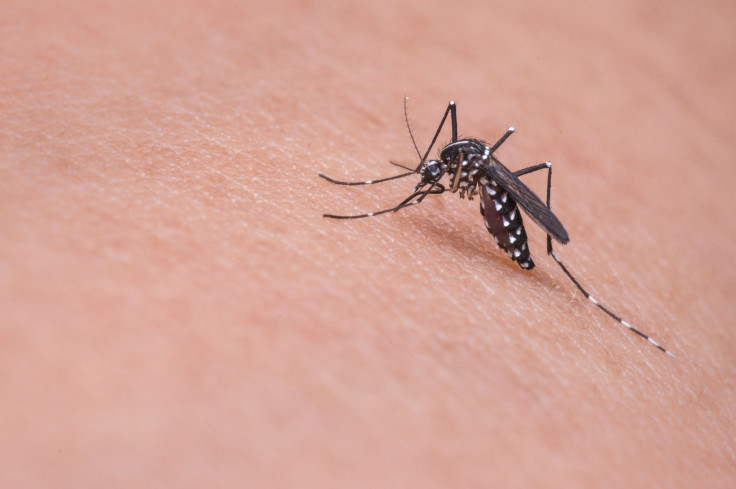After Florida, Texas Also Logs Its First Local Malaria Case In Years

KEY POINTS
- The case was logged in a Texas resident with no history of travel outside the country or state
- The last locally acquired case in Texas was in 1994, authorities said
- Two Florida counties are currently on mosquito-borne illness alert after confirming cases
Authorities in Texas reported a local case of malaria days after Florida reported its first local cases of the disease in years.
The Texas resident who was reported to have malaria did not have any history of traveling outside of the country or even the state, according to the announcement from the Texas Department of State Health Services (DSHS) on Friday. This is an important detail, as most cases of malaria in the U.S. are reported in people who traveled to or came from other countries where there is malaria transmission.
In the case of Texas, the resident reportedly spent time outdoors in Cameron County. As of the announcement, there were no other reports of locally acquired malaria in the state.
"Texas averages more than 120 travel-related malaria cases a year," according to the DSHS. "The last locally acquired Texas case occurred in 1994."
DSHS and local health departments are investigating a malaria case in Cameron County and assessing potential exposure for others.
— Texas DSHS (@TexasDSHS) June 23, 2023
Malaria is a mosquito-borne disease. Protect yourself: use repellent, wear long clothes, remove standing water.
Learn more: https://t.co/BzLb3IVyiu pic.twitter.com/M8sZXktcSD
This echoes the situation in Florida, where Manatee and Sarasota counties are on a mosquito-borne illness alert following the confirmation of two malaria cases — the state's first ones since 2003.
In its alert about the "sporadic" cases in Florida, the U.S. Centers for Disease Control and Prevention (CDC) called the risk of locally acquired malaria in the U.S. "extremely low." Outbreaks of locally transmitted malaria are said to be "small and relatively isolated," the agency said. Though the risk is always there because of the "abundance of competent vectors, especially in the southern states."
These cases in Texas and Florida — the first ones logged in many years — highlight the need to be on alert for mosquito bites during this year's mosquito season. Amid the heightened mosquito activity during the warmer months of the year, such cases are reminders of the threat of malaria in the U.S.
Indeed, while the U.S. had eliminated malaria in the 1950s through important measures like increased sanitation and improved medical care, the illness still pops up in the country every now and then.
In a 2021 study, researchers surmised that malaria outbreaks in the U.S. still "pose a public health threat" due to factors like the number of travelers to endemic areas and "unsatisfactory vector-borne disease outbreak preparedness."
Amid the malaria cases, authorities are urging medical practitioners to consider malaria if patients have the corresponding symptoms and a history of mosquito bites. Members of the public are also being urged to take extra precautions against mosquito bites.
This includes adopting measures like wearing EPA-registered insect repellents when going outdoors, installing window screens, wearing clothes that can cover one's skin, and making sure to check for possible mosquito breeding grounds around the home.
Malaria remains to be a threat to public health in many parts of the world, being among the most "prevalent human infectious diseases around the world." In 2020, it was estimated that a whopping 241 million people got malaria and 627,000 people died from it, most of whom being young children in Africa.
© Copyright IBTimes 2024. All rights reserved.












